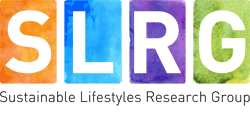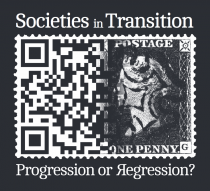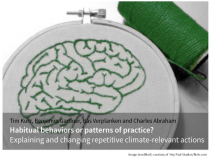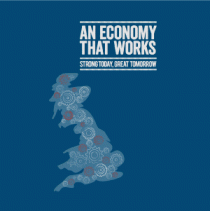- About
- Team
- Projects
- Children and the Environment
- ELiCiT (Exploring lifestyle changes in transition)
- Foundations for Sustainable Living
- HABITs
- Mapping Rebound Effects
- PASSAGE (Prosperity and Sustainability in the Green Economy)
- Policy Dialogue
- Price Responsiveness of Demand in Energy
- Resilience and Sustainable Lifestyles
- Sustainability Transitions in Food Systems
- Sustainable Living in Remote Rural Scotland
- Publications
- News
- Events
Lifecourse transition and sustainable consumption
SLRG research fellow Kate Burningham to present her research findings at the Sustainable Consumption Institute at the University of Manchester
Lifecourse transitions are often accompanied by changes in household economy, leisure practices and social networks and characterised as times of reflection on identity and lifestyle. For policy makers interested in encouraging healthy or sustainable consumption such periods might be thought to provide ‘windows of opportunity’ in which to deliver interventions (Darnton et al 2011).
There is little sustained work, however, which explores how, when and why mundane aspects of everyday life change as people move through such transitions; and it is unclear how long any such changes are maintained. Existing studies of the adoption of sustainable consumption practices do not typically track individuals over time and longitudinal studies of life transitions rarely consider sustainability implications.
This presentation draws on longitudinal research with 40 new mothers which explored how various aspects of everyday life, which have implications for sustainable consumption, changed or remained stable over a period of two years. Some significant aspects of the experience of this transition which have implications for everyday routines are outlined. Focusing on data from repeat interviews with sixteen women in London and Scotland, Kate explores some of the ways in which modes and meanings of everyday shopping for food shift as women become mothers, and challenges a simple reading of this transition as a potential moment of change for more sustainable consumption.
For detailed information on the seminar, please visit the SCI website.
Related links














